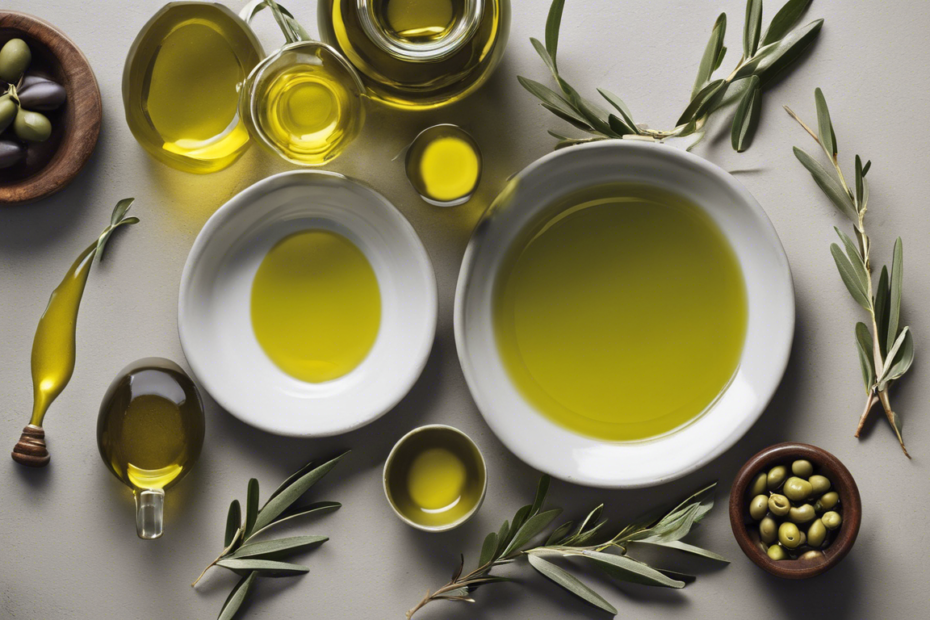Welcome to ‘The Ultimate Guide to Olive Oil Uses‘!
If you’ve ever wondered how this golden liquid can elevate your dishes while boosting your health, you’re in the right place.
We’ll dive into the various culinary uses of olive oil—whether it’s cooking, drizzling, or dressing, explore its fantastic health benefits, and share some handy tips for choosing and storing the right olive oil.
So, grab your favorite bottle and let’s unlock the potential of this versatile kitchen staple!
3. Practical Tips for Choosing and Storing Olive Oil
Choosing the right olive oil can feel overwhelming given the plethora of options out there, but don’t worry—it’s easier than you think!
First off, when you’re browsing the shelves, keep an eye out for extra virgin olive oil; it’s the top quality and perfect for everything from drizzling on salads to enhancing your favorite pasta dishes.
Make sure to check the harvest date on the bottle to ensure freshness, as olive oil doesn’t last forever.
Once you’ve picked the right bottle, storing it is just as crucial.
Keep it in a cool, dark place—like a pantry—away from heat and light to preserve its flavor.
And avoid using clear glass bottles unless you’re ready to finish it off quickly.
Finally, always seal it tightly after each pour to combat oxidation.
With these practical tips, you can elevate your cooking game and truly enjoy the diverse olive oil uses!
Frequently Asked Questions
What are some common culinary uses for olive oil?
Olive oil is incredibly versatile in the kitchen.
You can use it for frying, sautéing, and roasting, as well as drizzling it over salads, pasta, and vegetables.
It’s also great for baking and adds flavor to marinades and dressings.
What health benefits does olive oil offer?
Olive oil is rich in healthy fats, particularly monounsaturated fats, which can help improve heart health.
It also contains antioxidants and anti-inflammatory properties, potentially reducing the risk of chronic diseases and promoting overall wellness.
How can I choose the best olive oil?
When choosing olive oil, look for extra virgin olive oil (EVOO) as it’s the highest quality.
Check the harvest date, and choose oils that are in dark glass bottles to protect them from light.
Also, seek out oils with certifications or awards for quality.
What is the best way to store olive oil?
To keep olive oil fresh, store it in a cool, dark place away from heat sources and light.
A pantry or a cupboard is ideal.
Make sure the bottle is tightly sealed to prevent oxidation.
Can I use olive oil for baking?
Absolutely!
Olive oil can be a healthy substitute for butter or vegetable oil in many baking recipes.
It adds moisture and a unique flavor to cakes, breads, and even cookies.
